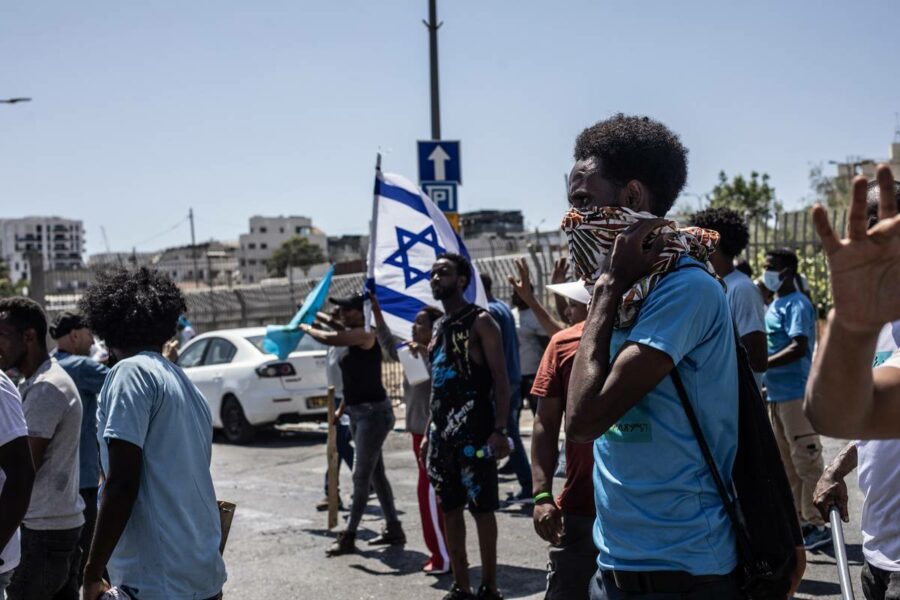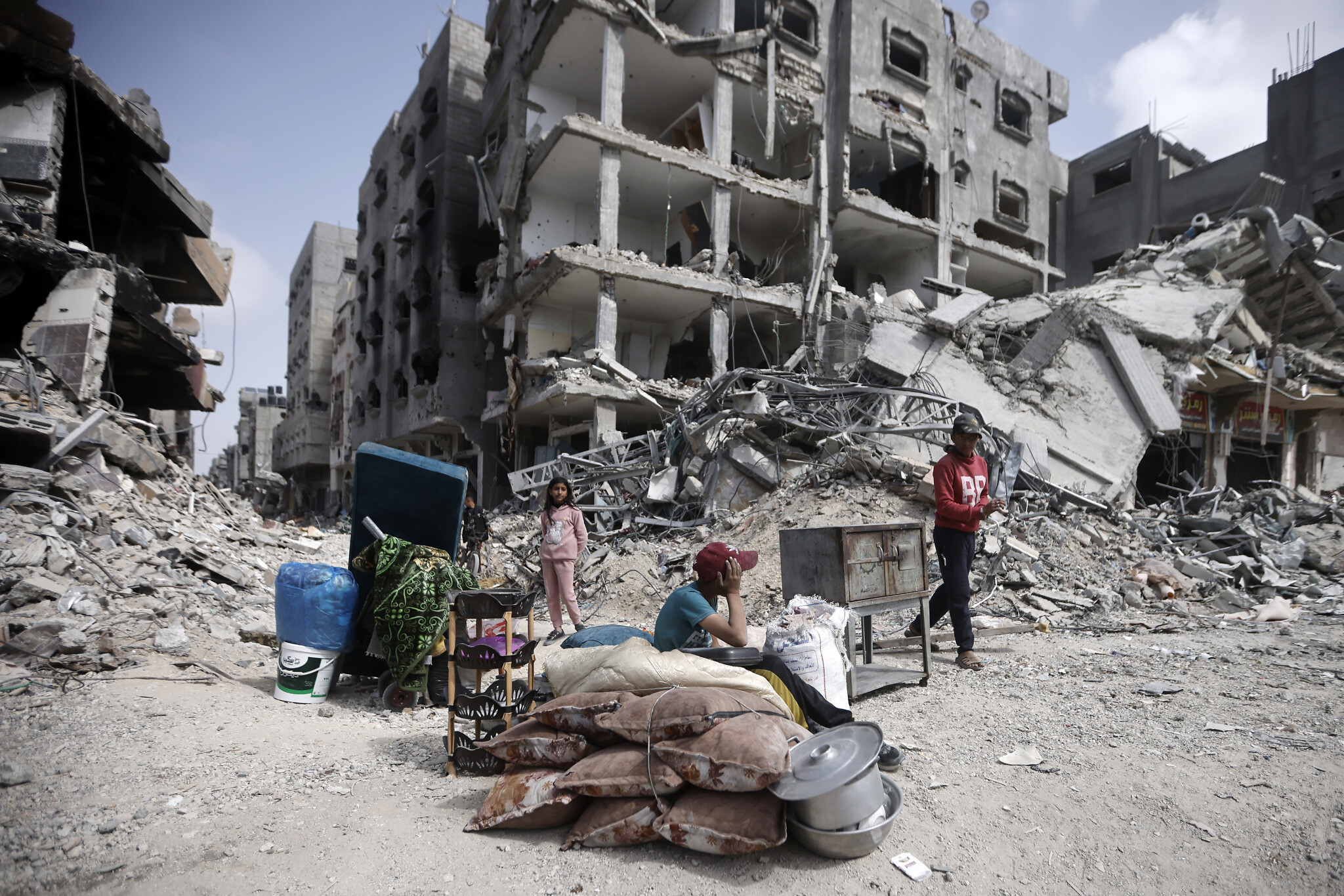The British government has given an assurance that a commitment to human rights remains one of the key principles of its aid programme for Eritrea.
In a written answer to Lady Glenys Kinnock, the government said “the extent of partner governments’ commitment to respecting human rights and other international obligations is one of four Partnership Principles assessed by country offices.” Further the British government has made “representations to the Government of Eritrea to improve its observance of human rights”. [See full answer below]
Why is this important?
There have been suggestions that the European Union is attempting to develop a “new engagement” with the Eritrean regime as a means of halting the flight of Eritreans from the country, many of whom arrive on European shores. The Italians led the way.
In July 2014 Italy’s Deputy Minister of Foreign Affairs, Lapo Pistelli, made an official visit to Asmara. He was fulsome in his praise for his hosts, saying that he found them “well informed and keen to engage.” The enthusiasm with which he greeted this “new beginning” was reflected in the official communiqué put out by the Italian government.
“It’s time for a new start”. This was Deputy Minister Pistelli’s comment during his visit to Asmara – the first visit to Eritrea by a member of the government since 1997, with the mission by the President of the Republic at that time, Oscar Luigi Scalfaro. “I am here today to bear witness to our determination to revitalise our bilateral relations and try to foster Eritrea’s full reinstatement as a responsible actor and key member of the international community in the stabilisation of this region”.
Eritreans were naturally deeply concerned by this – the Eritrean regime is among the most notorious in the world, with a complete absence of human rights. Torture and imprisonment without trial is routine and there is no freedom of speech and no right to challenge the sole political party – the PFDJ.
Eritrean human rights groups appealed to European leaders not to begin a “new engagement” with the regime without real changes to this appalling situation. Eight Eritrean groups echoed a call from members of the resistance inside Eritrea appealing for pressure to be maintained on the Eritrean authorities:
“Listen to our agony. We thank you for giving shelter to Eritrean refugees abroad, but if you are a decision-maker we beg you to keep up the pressure on the Eritrean regime.”
The British position
In early December the British government sent a mission to investigate the situation inside Eritrea, with a visit to Asmara by two government departments: the Home Office (Ministry of the Interior) and the Foreign and Commonwealth Office. The visit was designed to look at the underlying causes of migration from “source countries”. This was part of what is termed the “Khartoum Process” which involves discussions between European and African countries.
As the official EU statement put it: “Ministers of the 28 EU countries as well as Eritrea, Ethiopia, Somalia, South Sudan, Sudan, Djibouti, Kenya, Egypt and Tunisia, as well as the European and African Union Commissioners in charge of migration and development and the EU High Representative launched on 28 November the EU-Horn of Africa Migration Route Initiative, also known as the ‘Khartoum Process’, which aims to tackle trafficking and smuggling of migrants between the Horn of Africa and Europe.”
This is the background. It led to concerns among Eritreans that Britain might join attempts to launch a “new engagement” with President Isaias Afwerki’s regime by ditching or watering down the UK’s requirement that its partners in the developing world maintain a firm commitment to human rights.
It is in this context that Lady Glenys Kinnock wrote to the Foreign and Commonwealth Office. She received this reply from Lady Lindsay Granshaw, the Parliamentary Under-Secretary in the Department for International Development on 23 December 2014.
“We remain deeply concerned by the political situation in Eritrea; the UN estimates that around 200 migrants leave Eritrea daily, with Sudan and Ethiopia as their primary destinations. Those who choose to leave Eritrea do so for a variety of reasons, including a desire to avoid performing national service for an indeterminate length of time and to seek greater economic opportunity than currently available in Eritrea. Our Ambassador in Asmara regularly monitors events in Eritrea and works closely with the UNHCR, through whom we receive monthly updates on migration. The UK Government has made representations to the Government of Eritrea to improve its observance of human rights, and works with European partners on the implementation of the Eritrea Country Programme under the Eleventh European Development Fund to help provide greater economic growth and opportunities.”
























